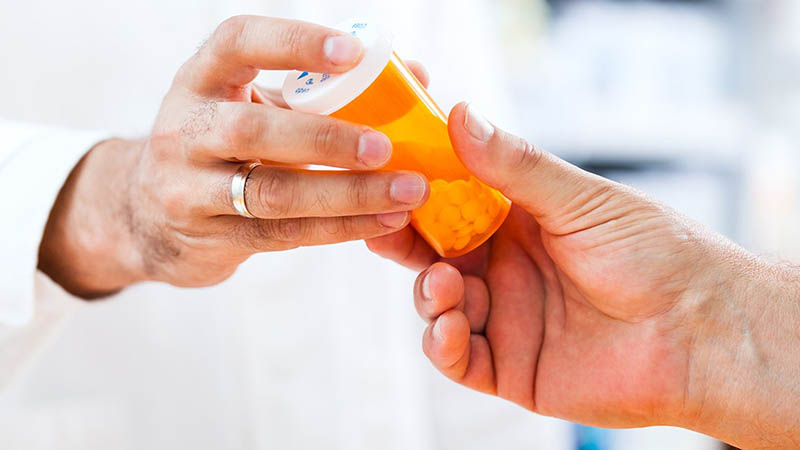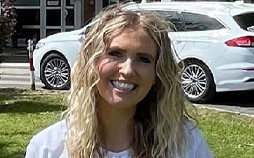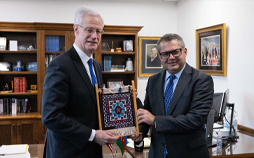Public and Global Health Inspiring Learning Experiences
These national and international experiences are life changing and greatly impact their patient care.
February 2021
 Photo credit: Getty Images
Photo credit: Getty Images
Every day in the United States, an average of 128 people die from opioid overdoses.
Before the COVID-19 pandemic dominated public health discussions, BYU public health majors were in Washington, DC, for the Society for Public Health Education Conference, which focused on a law proposed to address the opioid crisis—the Comprehensive Addiction Resources Emergency Act (CARE Act) of 2019.
While there, several students met with Utah congressmen Mike Lee, Mitt Romney, and John Curtis and experienced firsthand how public health professionals can help to make their communities and the United States better places.
At the conference, students learned about the bill, and Jasmin LaLuz, who has since graduated, felt that the bill was not overly ambitious. “It is, I think, feasible for the United States,” she says.
The CARE Act, which has not become law, was controversial. It promised billions of dollars to help people recover from opioid addiction, but there were significant cost and benefit considerations.
“I really am interested in doing health policy and health advocacy work,” says recent grad Brittney Graff. “It is really fun to get involved and to really feel like you’re making a difference.”

These national and international experiences are life changing and greatly impact their patient care.

Going to Spain for the public and global health inspiring learning experience taught me the importance of understanding the Healer’s art.

Azerbaijan’s ambassador to the United States recently recognized BYU as the first US university to offer Azerbaijani 101.